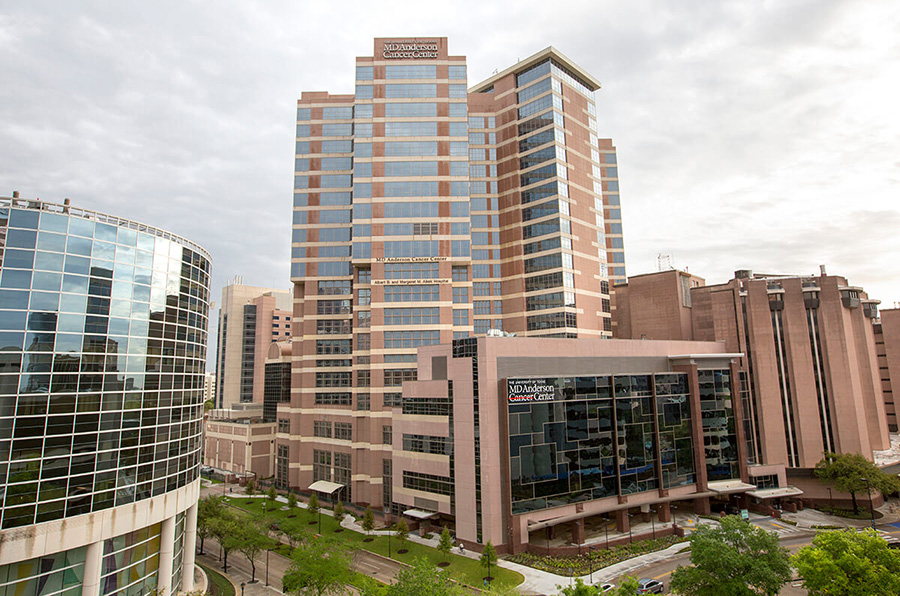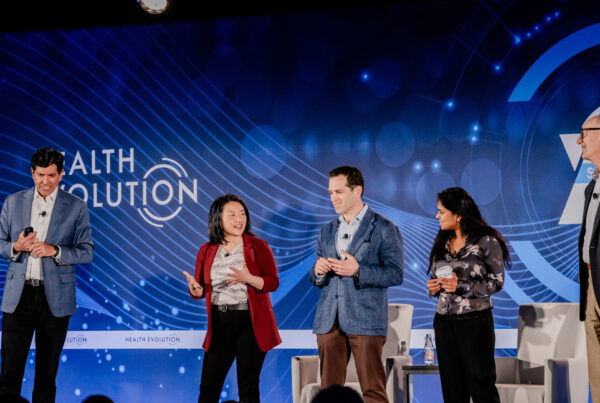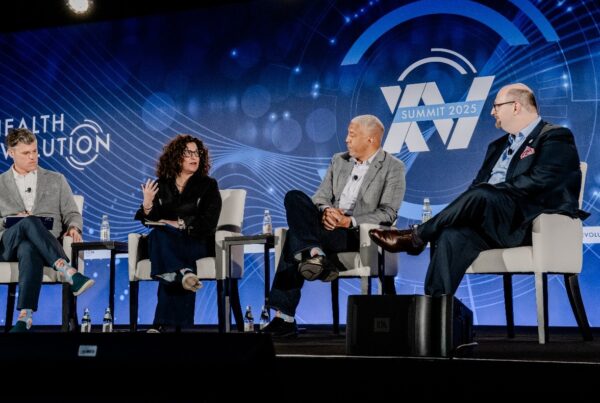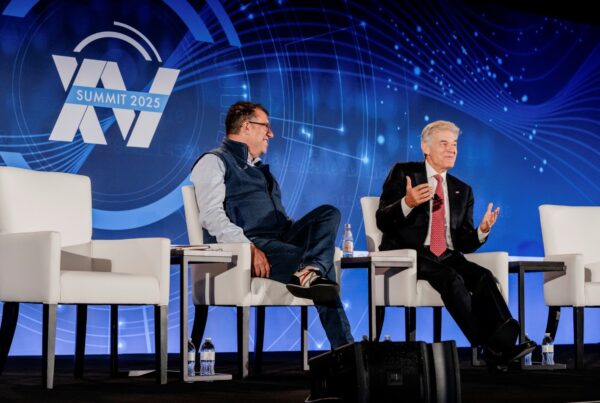American Health Care Cities is a new recurring feature at Health Evolution examining the health care market in different cities and regions across the country. How does the health care industry vary across this country? How does it look the same? What are the opportunities and challenges in each city? We’ll be talking with key leaders in some of the most active health care cities in America to better understand if health care, as they say, is truly local.
Other cities covered:
City: Houston, Texas
Metro area population: 7.066 million
Health care economic benefit: 12 percent of region’s employment, $27.7 billion of Houston’s regional GDP in 2019. (Source: Center for Houston’s Future), 366,600 workers (Source: Greater Houston Partnership)
Interviewee: Taha Jangda, General Partner, HealthX Ventures
When people think of Houston’s economy, the first thing that may come to mind is the oil and gas industry. After all, it’s called the Energy Capitol of the World for a reason. Beyond oil and gas, maybe NASA and the aerospace industry come to mind. Or perhaps the rodeo, which brings millions of people to the city every year for an annual event held at the Houston Texans’ home stadium.
Health care has never really been at the top of that list but that’s changing, says Taha Jangda, General Partner, HealthX Ventures. He is a lifelong resident of the Space City and has seen the health care industry in Houston transform over the course of his career. At the heart of that growth is Texas Medical Center and its CEO, Bill McKeon, Tangda says.
“Texas Medical Center is the largest medical city in the world, consisting of 21 hospitals, four universities, three medical schools, six nursing programs, two pharmacy schools, and a dental school,” says Jangda. “It has well over 10 million patient visits and 200,000 surgeries a year.”
Beyond TMC, there’s MD Anderson, the largest cancer center in the world; the Baylor College of Medicine, one of the top research medical schools in the country; Texas Children’s Hospital, the largest children’s hospital in the nation; one of the largest VA facilities in the country; a top psychiatric facility; and the first-ever accredited ACO in the country. That’s just on the provider side, there’s a growing life sciences field, increasing amounts of innovation through the TMC Innovation Institute and more.
Health Evolution spoke to Jangda about how Houston has transformed as a health care hub, the challenges health care organizations face in the city and what health care leaders should know about this region.
How has Houston evolved as a market?
Houston has transformed – years ago one would have never thought Houston was a bustling place for health care innovation, but it has been the perfect breeding ground for novel therapeutics and technologies. When you think about Houston, in the past it was always known as an oil and gas town with a massive medical center complex.
But just like when you evaluate companies to invest in, the first thing you always look at is the CEO and the team, and I can say unequivocally that the catalyst of the transformation of Houston from a storied medical center to an innovation hub happened when Bill McKeon joined Texas Medical Center eight years ago. He recognized the value and power here of a collaboration in Houston. That helped light the match. Until he came, a lot of the institutions didn’t speak to each other. It was very siloed even though they are across the street from each other.
Now everyone has come together. We realize we can compete well together for a higher standard of care and research dollars. There have been leadership changes that have helped bring people together. Even looking at the response to COVID, Bill and his team were able to gather the CEOs of each institution and convened every morning, seven days a week, for almost an entire year to align on the overall response, from evaluating data, supporting front line staff, visitor policies, and a vaccination strategy.











